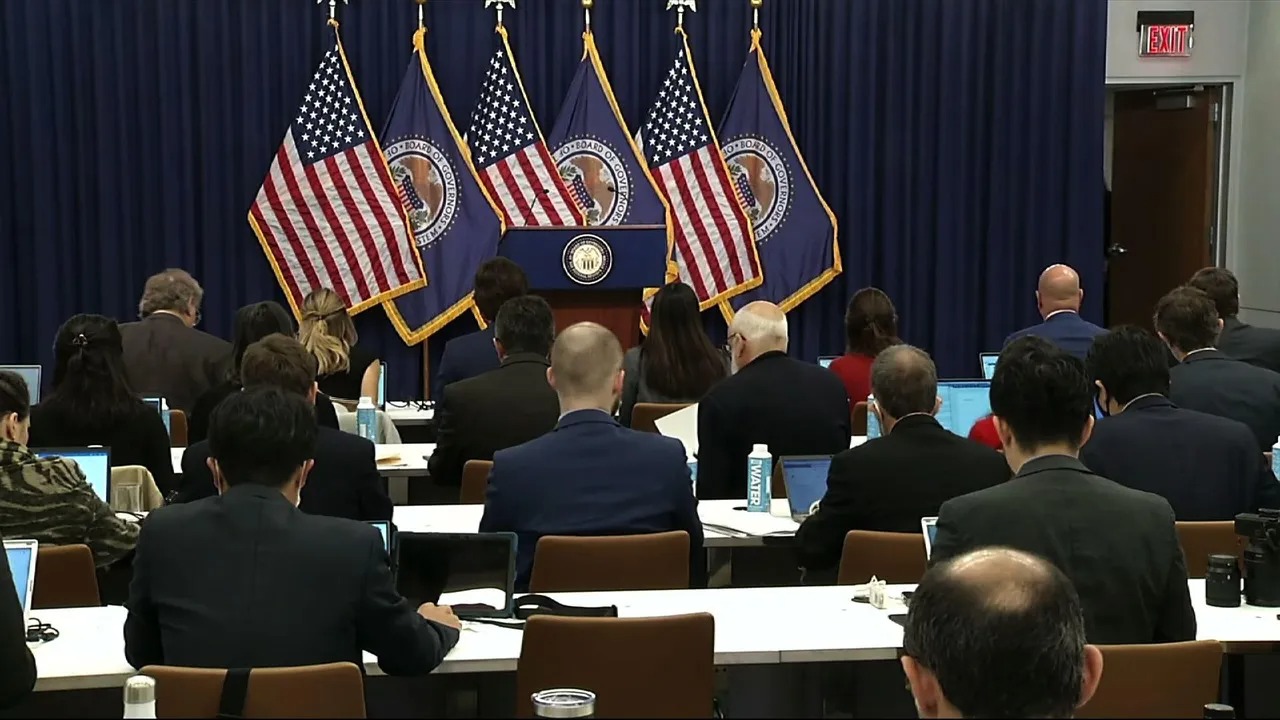Lawmakers are feeling the mounting pressure from voters to address the housing crisis, which has left many Americans struggling to afford homes. This issue has gained unprecedented attention in Congress, driven by concerns over affordability and the looming elections.
Both Republicans and Democrats in the House and Senate are actively pushing numerous bills aimed at tackling this problem, ranging from expanding rural housing programs to providing tax credits for lower-income first-time homebuyers.
Senate Finance Chair Ron Wyden acknowledges that the calls for action are intensifying, with lawmakers being inundated by employers in their districts seeking housing solutions for their workforces.

Housing Issues Amidst Soaring Prices (Credits: Nave Newell)
This heightened focus on housing is a departure from previous years, signaling a shift in priorities as the economy becomes a critical election issue. Senators like Mike Rounds highlight the significance of addressing housing concerns, stating that it is a recurring topic raised during their interactions with constituents.
Despite the urgency to address the housing crisis, devising effective solutions proves challenging due to the high cost and complex politics involved.
Restrictive local zoning laws, a significant driver of housing supply issues, often fall beyond Congress’ control. Moreover, even in areas where lawmakers can influence policy, divergent ideas on how to address the problem pose significant hurdles.
The failure to adequately deal with housing issues could have electoral consequences, with voters increasingly frustrated by the inaccessibility of homeownership for many.
As housing costs continue to soar, monthly mortgage payments have more than doubled since the pandemic, making the situation more dire. Additionally, homelessness has surged, rising 12 percent in 2022, according to HUD.
Recognizing the urgency, Congress has incorporated housing provisions into the tax package under consideration, aiming to tweak the Low Income Housing Tax Credit to boost the production of new housing units. This step, though a positive move, is seen as a small measure in the face of a shortage estimated at 3.8 million units by Freddie Mac.
The bipartisan support for housing-related provisions in the tax package reflects a growing acknowledgment of the issue’s resonance with constituents. However, any legislation that delves deeper into the matter will face more significant challenges, especially considering the divergent views on how to approach housing problems.
Despite the mounting pressure, finding a clear path to enact comprehensive housing legislation remains elusive. While Senate Budget Chair Sheldon Whitehouse plans to introduce bills aiming to make housing more affordable, achieving bipartisan consensus on tax-related measures or policies requiring federal spending is uncertain.
Efforts to pass significant housing bills may face obstacles due to conflicting ideas among lawmakers. For instance, a bill from Senators Wyden and Dan Sullivan that could make middle-class Americans eligible for a tax credit did not make it into the current legislative version.
Disagreements over regulations further complicate matters, with some senators pushing for a discussion on both housing affordability and additional regulations in the same hearing.
In the House, divisions persist between Democrats and Republicans on the scope and nature of housing-related legislation. While Rep. Maxine Waters emphasizes a broader approach, House Financial Services Chair Patrick McHenry prefers a narrower, less expensive path.
This divergence in priorities makes it challenging to foresee bipartisan cooperation on comprehensive housing solutions.
As the housing crisis continues to escalate, lawmakers face the daunting task of finding common ground on effective policies to address affordability, homelessness, and supply issues.
The upcoming elections add urgency to these efforts, as constituents demand tangible solutions to the housing challenges affecting millions of Americans.























